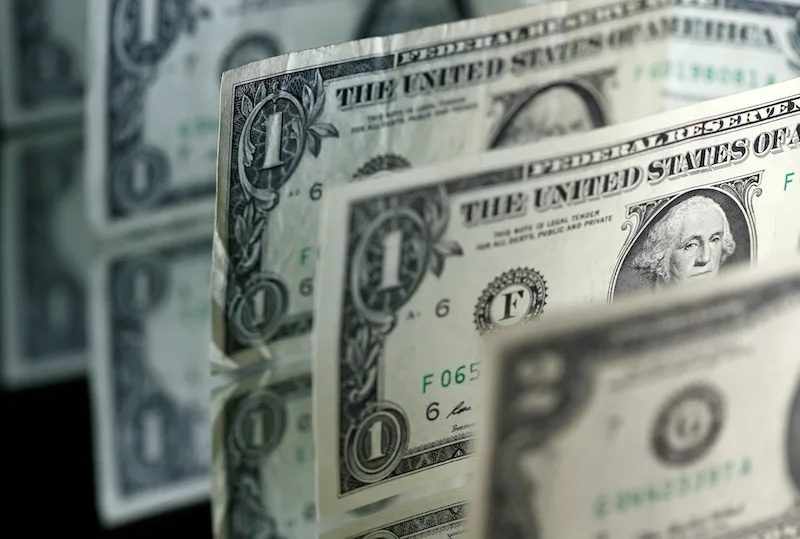The Inside Story Of How SoftBank-Backed Zymergen Imploded Four Months After Its $3 Billion IPO
- Date: 13-Oct-2021
- Source: Forbes
- Sector:Financial Markets
- Country:Middle East
The Inside Story Of How SoftBank-Backed Zymergen Imploded Four Months After Its $3 Billion IPO
On a Thursday morning in April, the 200-foot-tall LED panel at One Times Square displayed a bold slogan: "We Make Tomorrow." The company behind the ad was Zymergen, a California synthetic biology company that had just gone public with a market capitalization of $3 billion. Its three founders — Josh Hoffman, Zach Serber and Jed Dean — posed in front of the screen, smiling beneath their pandemic masks emblazoned with the yellow Zymergen logo. The startup had attracted more than $1 billion in venture capital from the likes of SoftBank and Baillie Gifford, selling investors on its moonshot vision: crafting products normally made of petrochemicals, from optic film for smartphone screens to mosquito repellant, in a way that's better for the environment. By "partnering with Nature," according to the company prospectus, Zymergen would engineer microbes that could be fermented to make these products, as yeast is fermented to create bread or beer. For years, synthetic biology companies had been toiling away at the edges of science, promising that the ability to program cells would change the world as dramatically as computer engineering has. Zymergen's April IPO — along with Ginkgo Bioworks' larger offering five months later — marked a watershed























